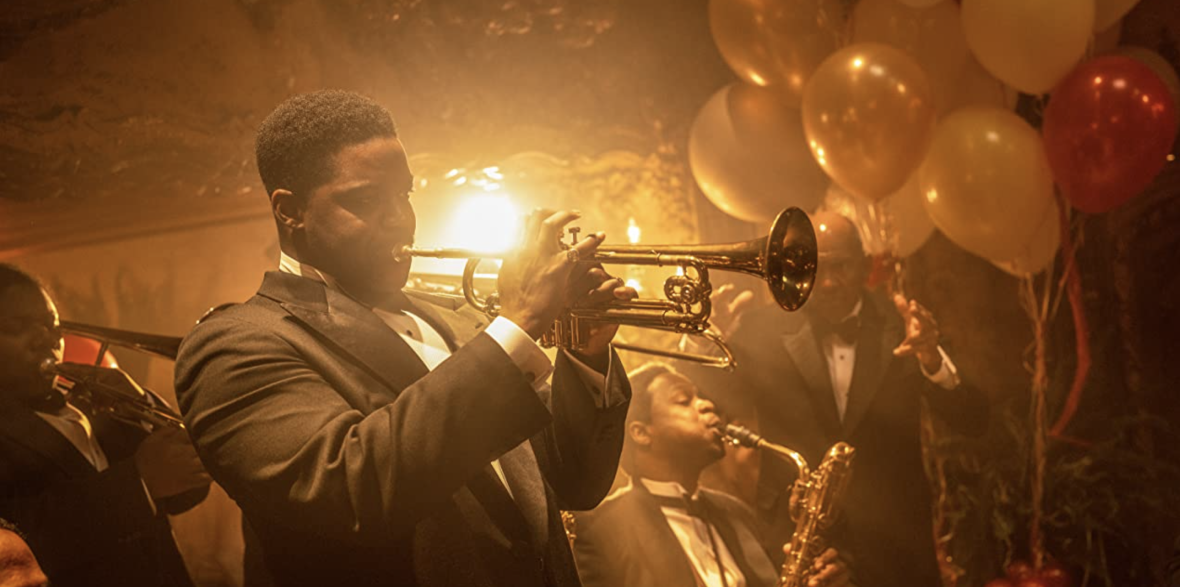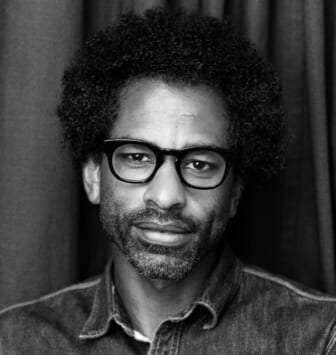‘Babylon,’ an ode to old Hollywood, is an extraordinary film
OPINION: The new three-hour epic about early Hollywood is a movie about movies.

Editor’s note: The following article is an op-ed, and the views expressed are the author’s own. Read more opinions on theGrio.
I know the film is so polarizing that just saying this thrusts me into a huge fight but I can’t help myself: I absolutely loved “Babylon.” It was a little longer than three hours, and I would go see it again. There are plenty of bad reviews out there; the New York Times called it a “self-flattering indulgence,” but several critics at rogerebert.com and other film-loving spaces named it one of the best films of the year. I can’t quite recall a film where there’s so much disagreement about whether it’s great or terrible. I can’t say I understand the detractors — I saw something that was amazing.
“Babylon” is a story about Hollywood’s early years, set mostly in the ’20s and ’30s, a time when the town was still growing into the behemoth we have today. It feels like an old Hollywood figure is telling you stories about life in the business back in the wild days — oh my gosh, there was the time we had to transport a real elephant to a studio executive’s house for a party, and the elephant was too heavy to be pulled up a hill until he defecated all over the place, and it was hell making it through that storm of, uh, stuff, but once he let it all out, he was light enough for the boys to get the job done. Or I’ll never forget the time a movie exec had to pay off a star’s gambling debt to an L.A. gangster but then at the meet, after they’ve given the gangster his money, he finds out that the cash they’ve just given him is fake. It’s prop money. If the gangster figures that out, the exec and the star could be killed … Oh my God, there was the time the father of a star fought a rattlesnake in the desert, and well … things go about as badly as you could imagine. It’s a linked set of stories that are deeply comedic though not the sort of comedic that makes you laugh out loud; the sort that’s gripping and captivating.
There are several main characters we watch over time — the established movie star (Brad Pitt), the dreamer who becomes a star (Margot Robbie), and the hanger-on who becomes a film executive (Diego Calva). But the real star here is Hollywood and the movies themselves. Many of the best scenes take place on a film set — in one scene, the crew struggles with how to incorporate sound into its productions, in another an actress cries on cue over and over, carefully shaping the exact timing and amount of her tears, showing the absolute command she has over her instrument. “Babylon” is a movie that’s about movies — the challenges making of them, the thrill of starring in them, the pain of fading into irrelevance. It’s a love letter to the joys and perils of making movies and the wild ups and downs of being part of Hollywood.
The main Black character in all of this is the jazz trumpeter Sydney Palmer (played by the talented British actor Jovan Adepo). He rises from playing at parties to playing in the movies to being a star, but in order to make it, he must navigate an assault on their identity. He must be willing to make the sacrifice that the white people around him demand. This has often been the challenge for Black people struggling to make it in certain industries — you can have success if you’re willing to play the game the way white people want you to play it. It can sometimes feel like a Devil’s bargain — you can have it all if you’re willing to sell your soul.

Palmer is given a huge contract, a big home, a flashy car — the full superstar package. But after all of that, filmmakers realize that for Palmer to look good onscreen, for his skin to properly reflect the spotlight they’re shining on him as the star, he needs to wear … blackface. They hand him a tin of dark powder and ask him nicely to black up. They tell him he needs to do it because if he won’t then they won’t be able to sell the movie in the South and that means there will be no movie and that means all the people around him will lose their jobs on this picture. But, he’s a man of integrity, and it’s blackface. It’s a heavy, fraught choice for him, and the film lets us see him as he weighs it all. We see his conundrum, and we feel his pain as he decides what to do.

‘Free Tory Lanez’ was all about misogyny
I think some of us, watching from the air-conditioned comfort of the modern world, might say we’d just refuse the blackface and walk off. Maybe you would, but you can’t truly know what you would do in the moment without embracing how few options there were for Black people at the time. Hattie McDaniel, an actress from the ’30s and ’40s who was the first African-American to win an Oscar, once said, “I’d rather play a maid than be one. Why should I complain about making $700 a week playing a maid? If I didn’t, I’d be making $7 a week being one.” If your choice was between performing in the movies while wearing blackface or standing on principle and being a servant instead, the decision would feel a lot harder.
If you love movies then you may be a sucker for films about the movies that take us into how they’re made and explore the lives of the people who make them. Director Damien Chazelle is a romantic; he made “La La Land” and we can see his romantic tendencies all over “Babylon” — this is a film that romanticizes Hollywood, a swooning epic that pays tribute to this industry that has meant so much to American life. Don’t be dissuaded by the three-hour run time and ignore the critics who dismiss this as self-indulgent. All great art is self-indulgent. Just get a large popcorn and go to the temple we call the movie theater — because this one really has to be experienced on the big screen to truly understand its greatness — and let “Babylon” bewitch you.

Touré is a host and Creative Director at theGrio. He is the host of the podcast “Toure Show” and the podcast docuseries “Who Was Prince?” He is also the author of seven books including the Prince biography Nothing Compares 2 U and the ebook The Ivy League Counterfeiter. Look out for his upcoming podcast Being Black In the 80s.
TheGrio is FREE on your TV via Apple TV, Amazon Fire, Roku, and Android TV. Please download theGrio mobile apps today!
More About:Opinion Film Entertainment


